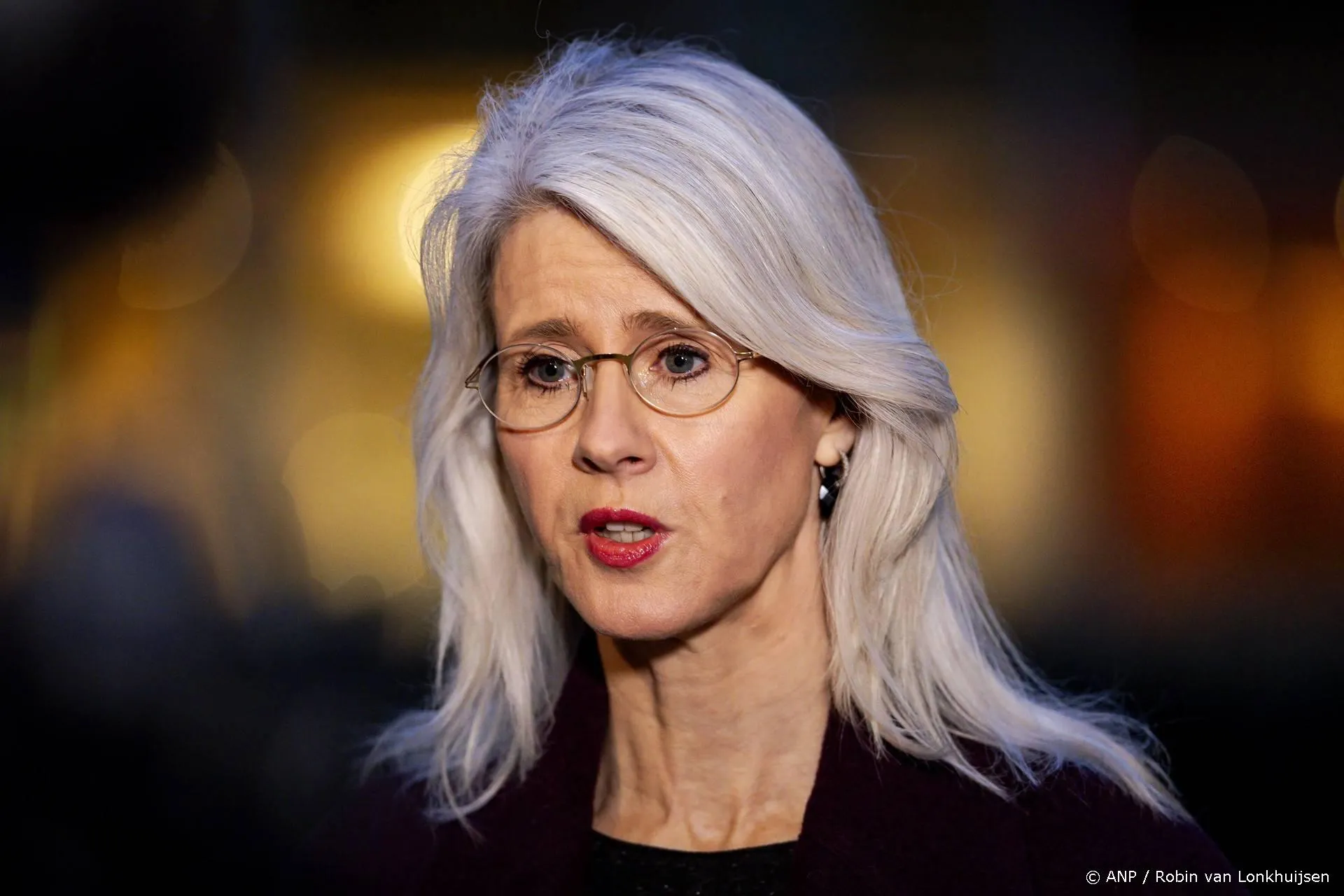Milieu als religie

In the face of overwhelming scientific evidence that the earth is now cooling not warming why do so many cling to their Greenhouse God while denouncing CO2 as the planetary Satan? Why do they continue to recite chapter and verse from necromancer Al Gores Bible of Inconvenient Truth?
Have the good disciples not read or seen the mountain of real-world evidence that belies the pronouncements of the High Priests of Mother Earth? Are they so in thrall to their environmental gospel that they have abandoned reason?
As Caroline May of BigGovernment.com notes, Warmist worship is rooted not in facts, but in blind adherence to an unproven principle:
This unquestioned adherence to the theory of Global Warming bears all the markings of what traditionally would be recognized as a religion. Complete with sin (the emitting of carbon dioxide), scriptures (Intergovernmental Panel on Climate Change assessment reports), commandments (drive a Prius, use Compact Florescent Light bulbs, do not eat meat etc.), indulgences (carbon offsets), proselytism, prophets (Al Gore), priests (scientists), prophecy and apocalypse (floods, hurricanes, dead polar bears), infidels (Warming skeptics), and salvation (the halting of carbon emitting industrial progress) ...
Those who argue that the sun is largely responsible for climate change are branded as heretics, just as Galileo was condemned by church authorities for claiming the earth revolves around the sun. The suns impact on earths climate is huge compared to that of human beings a fact well understood by most climate scientists and solar physicists. But green theologians and their flock of well-meaning, but misguided, believers ignore or downplay the suns dominant role. Instead, they blame humans in the most apocalyptic language.
I have been asked to talk about what I consider the most important challenge facing mankind, and I have a fundamental answer. The greatest challenge facing mankind is the challenge of distinguishing reality from fantasy, truth from propaganda. Perceiving the truth has always been a challenge to mankind, but in the information age (or as I think of it, the disinformation age) it takes on a special urgency and importance. ...
As an example of this challenge, I want to talk today about environmentalism. ...
I studied anthropology in college, and one of the things I learned was that certain human social structures always reappear. They can't be eliminated from society. One of those structures is religion. Today it is said we live in a secular society in which many people---the best people, the most enlightened people---do not believe in any religion. But I think that you cannot eliminate religion from the psyche of mankind. If you suppress it in one form, it merely re-emerges in another form. You cannot believe in God, but you still have to believe in something that gives meaning to your life, and shapes your sense of the world. Such a belief is religious.
Today, one of the most powerful religions in the Western World is environmentalism. Environmentalism seems to be the religion of choice for urban atheists. Why do I say it's a religion? Well, just look at the beliefs. If you look carefully, you see that environmentalism is in fact a perfect 21st century remapping of traditional Judeo-Christian beliefs and myths.
There's an initial Eden, a paradise, a state of grace and unity with nature, there's a fall from grace into a state of pollution as a result of eating from the tree of knowledge, and as a result of our actions there is a judgment day coming for us all. We are all energy sinners, doomed to die, unless we seek salvation, which is now called sustainability. Sustainability is salvation in the church of the environment. Just as organic food is its communion, that pesticide-free wafer that the right people with the right beliefs, imbibe.
Lees ook
Loading


